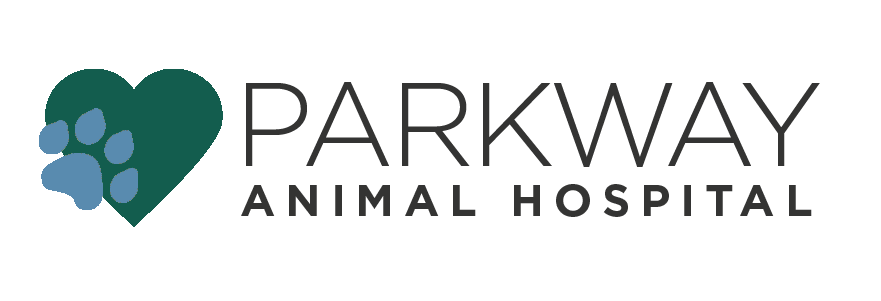Library
-
Pancrelipase is given by mouth and is used on and off label to treat exocrine pancreatic enzyme deficiency in dogs, cats, and birds. It is also used to treat fur balls in rabbits. Give as directed by your veterinarian. Common side effects at higher doses include diarrhea, cramping, gas, or vomiting. Do not use in pets that are allergic to pork. If a negative reaction occurs, please call your veterinary office.
-
Paroxetine is given by mouth and is used off label to treat certain behavior disorders such as aggression, anxiety, and urine-marking. Give as directed by your veterinarian. Common side effects include sleepiness and decreased appetite. Do not use in pets that are allergic to it or other SSRIs, or pets currently taking MAOIs. If a negative reaction occurs, please call your veterinary office.
-
Ponazuril is given by mouth and is used on and off label to treat protozoal parasites in several animal species. Side effects are uncommon but may include soft stools.
-
Praziquantel is given on and off label and by mouth or injection to treat various internal parasites in cats, dogs, small mammals, birds, reptiles, and large animals. Do not use in pets that are allergic to it, in puppies less than 3 weeks old, or kittens less than 6 weeks old.
-
Prednisone/prednisolone is given by mouth or injection and is used on and off label to treat Addison’s disease, inflammatory conditions, neoplasia (cancer), and immune-mediated diseases. Give this medication as directed by your veterinarian.
-
Pyrantel pamoate is given by mouth and is used on and off label to treat intestinal parasites in many species. Give as directed. Side effects are uncommon but may include stomach upset, such as vomiting or diarrhea. Do not use in pets that are allergic to it. If a negative reaction occurs, call your veterinarian.
-
Ronidazole is given by mouth and is used off label to treat Tritrichomonas foetus, trichomonas, and giardia in dogs, cats, and birds. It should not be used in farmed animals. Common side effects include vomiting and decreased appetite. Do not use in pets that are allergic to it or other nitroimidazoles such as metronidazole. If a negative reaction occurs, please call your veterinary office.
-
Do you have medications stored in the bathroom cabinet, kitchen drawer, and pantry shelf? Are random bottles haphazardly tossed into the “pharmacy”? Medications are meant to help us and our pets, but they can do more harm than good if stored or administered incorrectly. You can protect your family and pets by safely handling and disposing of medications.
-
Ophthalmic autologous serum is a blood-derived product used to treat corneal ulcers in animals. Ophthalmic autologous serum is part of the blood and is collected directly from the patient. It is in liquid form.
-
Silver sulfadiazine topical is an antimicrobial used to treat skin infections and burns in cats, dogs, and exotic pets. It is used off label in veterinary medicine. Silver sulfadiazine topical comes in a topical cream.

